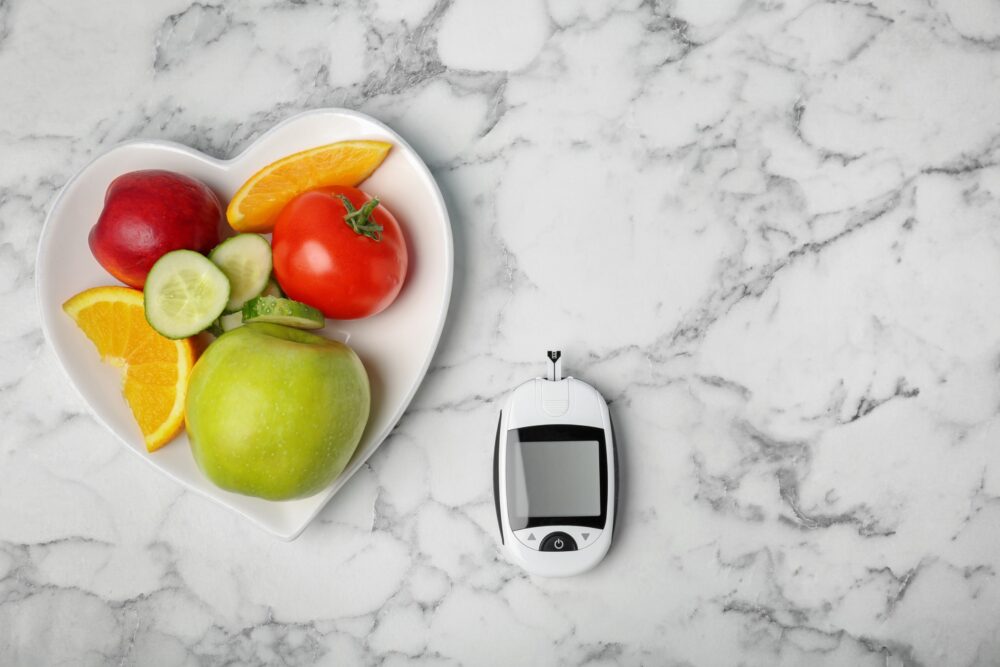Managing blood sugar levels is a daily journey for those of us with type 1 diabetes. Many of us with T1D have figured out that food choices, physical activity, stress, sleep, and medication timing play a big role in blood sugar management, but did you know that the weather can affect your blood glucose?
Here are nine factors that can affect your blood sugar levels, including a few that might surprise you.
Food Choices
Carbohydrates naturally raise your blood sugar, but not all carbs are created equal. Managing not only the amount, but the type of carbs you eat can help you better control your blood glucose.
Physical Activity
Most forms of aerobic exercise will lower your blood sugar levels, but it’s important to remember that some activities, such as high-intensity training and weightlifting, can raise it.
Stress
Stress can cause your blood sugar to rise, requiring higher doses of insulin and making it more difficult to control, which is why managing T1D often includes stress management techniques.
Sleep
Poor sleep, or not enough sleep, increases insulin resistance, which can in turn increase blood sugar levels. Getting at least 7 hours of sleep has been shown to lower A1C.
Medication Timing
Maintaining a daily routine of when you eat and when you take your insulin will make it a lot less likely for your blood sugar to peak and valley.
Hydration
Staying hydrated is crucial as dehydration can lead to higher blood sugar levels. Drinking enough water helps to maintain stable blood glucose.
Caffeine Intake
Caffeine can impact blood sugar levels differently for everyone. Monitoring your response to coffee and other caffeinated drinks can help you better manage your blood sugar levels.
Hormonal Changes
Hormonal fluctuations, especially during puberty, menstruation, or menopause, can affect blood sugar control. Tracking these changes can provide insights for better management.
Temperature Extremes
Both hot and cold weather can impact blood sugar levels. Extreme heat can increase insulin absorption rates, while cold weather might make it harder to manage blood glucose.
Managing Your Blood Sugar Levels
Every day is a learning experience, and by understanding these behaviors, we can better manage our blood sugars and live our best lives. For additional help managing your blood glucose levels, consider joining our 12-week 1:1 coaching program for T1D.
You’ll learn how to lower your A1C, increase your time in range, and savor your favorite foods guilt-free with guidance and support from T1D Coach Isobel Rowland, a Registered Dietitian who has been living with type one diabetes for more than 21 years. Send Isobel a message or text 757-645-5395 to schedule a free discovery call.




